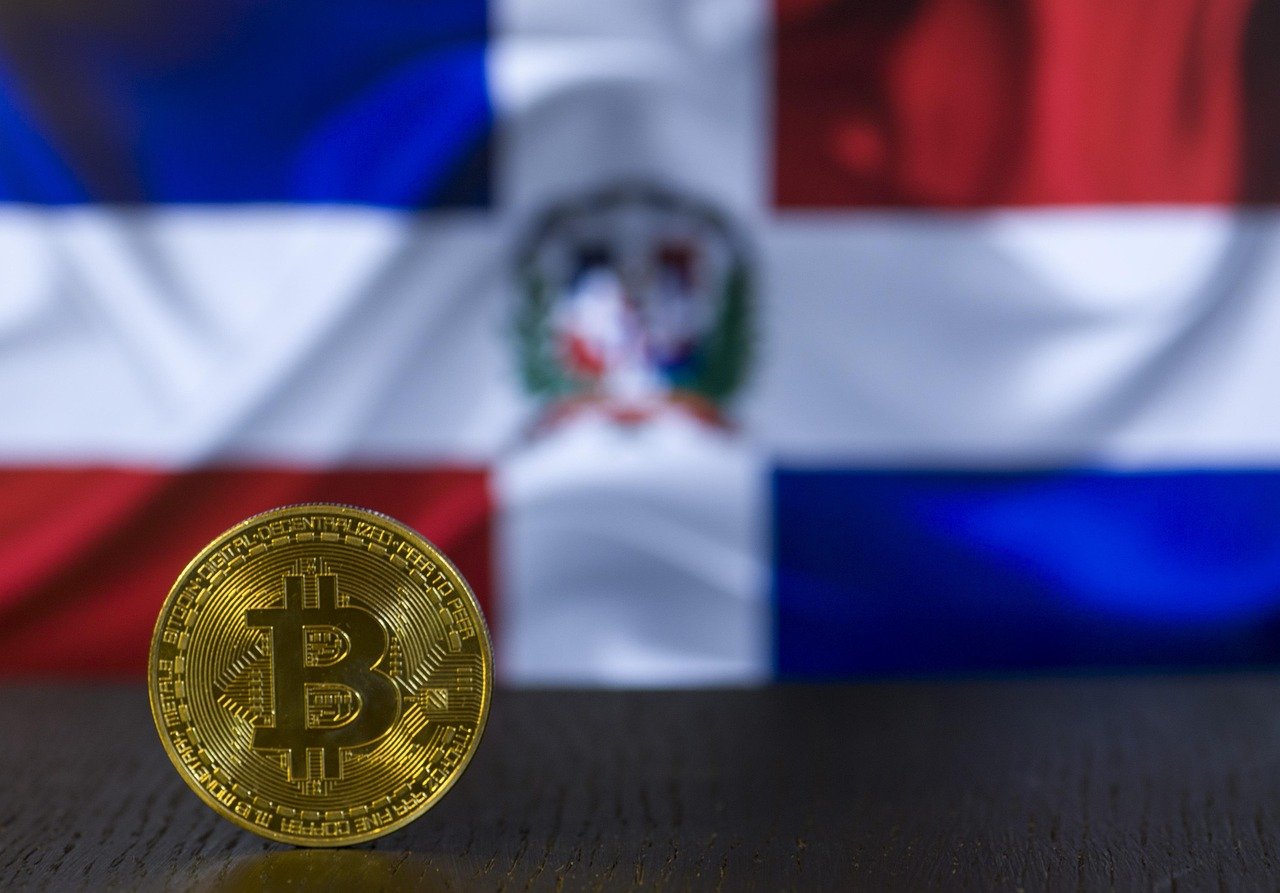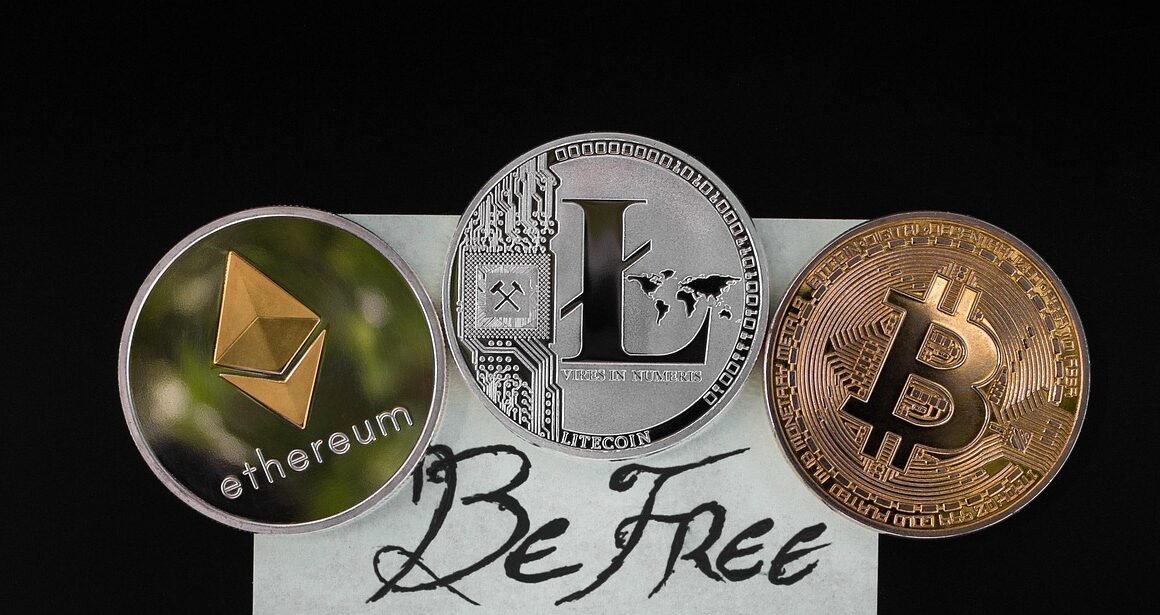Privacy in the digital age is increasingly valued, and with it, the demand for cryptocurrencies that offer anonymity and enhanced privacy features. Privacy coins are designed to obfuscate transaction details, making it difficult for third parties to trace the sender, receiver, or amount involved. These digital currencies present a compelling alternative to more transparent cryptocurrencies like Bitcoin and Ethereum, which, while pseudonymous, can be linked to real-world identities through sophisticated blockchain analysis. This article delves into the world of privacy coins, exploring their underlying technologies, benefits, limitations, and future outlook.
Understanding Privacy Coins
What are Privacy Coins?
Privacy coins are cryptocurrencies that prioritize anonymity and confidentiality in transactions. Unlike Bitcoin, where transactions are recorded on a public ledger, privacy coins employ various techniques to obscure transaction details. These techniques aim to protect users’ identities and financial information, making it challenging to track transactions back to individuals or organizations. The level of privacy offered varies among different privacy coins, each utilizing unique cryptographic methods.
- Offer enhanced anonymity compared to Bitcoin.
- Employ cryptographic techniques to obfuscate transaction details.
- Appeal to users concerned about financial privacy and security.
How Do Privacy Coins Work?
Privacy coins utilize various techniques to achieve anonymity. Some popular methods include:
- Ring Signatures: This technology mixes the sender’s signature with the signatures of other users, making it difficult to determine which signature is the actual sender’s. Monero (XMR) is a prominent example of a privacy coin using ring signatures.
- Stealth Addresses: These addresses create unique, one-time addresses for each transaction, preventing others from linking multiple transactions to a single user’s address. Monero also employs stealth addresses.
- zk-SNARKs (Zero-Knowledge Succinct Non-Interactive Arguments of Knowledge): zk-SNARKs allow for the verification of a transaction without revealing any information about the transaction itself. Zcash (ZEC) is a well-known privacy coin using zk-SNARKs.
- MimbleWimble: This protocol removes most transaction data from the blockchain, making it highly scalable and private. Grin and Beam are two privacy coins that implement MimbleWimble.
- CoinJoin: Mixes multiple transactions from different users into a single transaction, making it difficult to trace the origin and destination of funds. Samourai Wallet on Bitcoin uses CoinJoin.
Each of these methods has its own strengths and weaknesses, impacting the coin’s privacy level, transaction speed, and scalability.
Why Use Privacy Coins?
There are several compelling reasons why individuals and organizations might choose to use privacy coins:
- Financial Privacy: Prevents others from tracking spending habits, balances, and transactions.
- Security: Protects against potential threats like hacking and identity theft by masking transaction details.
- Circumventing Censorship: Allows for transactions in regions with strict financial regulations or where certain activities are prohibited.
- Business Confidentiality: Enables businesses to keep their financial dealings private from competitors.
- Personal Autonomy: Empowers individuals to control their financial information and maintain their privacy.
Popular Privacy Coins
Monero (XMR)
Monero (XMR) is one of the most well-known and widely used privacy coins. It uses ring signatures, stealth addresses, and Ring Confidential Transactions (RCT) to obscure transaction details.
- Privacy Features: Ring signatures, stealth addresses, Ring Confidential Transactions (RCT).
- Pros: Strong focus on privacy, active development community, widely accepted.
- Cons: Larger transaction sizes compared to some other cryptocurrencies, computationally intensive.
- Practical Example: Alice wants to send Monero to Bob. She uses a ring signature to hide her identity among several other users, making it difficult for anyone to know she was the sender. Bob’s stealth address ensures no one can link this transaction to his main address.
Zcash (ZEC)
Zcash (ZEC) employs zk-SNARKs to provide optional anonymity. Users can choose to send transactions transparently (like Bitcoin) or shielded, which obscures the sender, receiver, and amount.
- Privacy Features: zk-SNARKs for shielded transactions.
- Pros: Strong privacy options, selective transparency.
- Cons: Requires trusted setup for zk-SNARKs (though continuous improvements are being made), less widely used than Monero in privacy-focused scenarios.
- Practical Example: A charity wants to receive donations anonymously. They can use Zcash with shielded transactions to keep the donor and donation amount private while still verifying the transaction’s validity on the blockchain.
Grin & Beam
Grin and Beam are two privacy coins that implement the MimbleWimble protocol. This protocol removes transaction data from the blockchain, making it highly scalable and private.
- Privacy Features: MimbleWimble protocol.
- Pros: High scalability, enhanced privacy, compact blockchain size.
- Cons: Relatively new compared to Monero and Zcash, less widespread adoption.
- Practical Example: Two parties want to exchange value privately and quickly. Using Grin or Beam, the transaction can be processed with minimal data stored on the blockchain, increasing privacy and scalability.
Challenges and Limitations of Privacy Coins
Regulatory Scrutiny
Privacy coins face significant regulatory scrutiny due to their potential for illicit activities. Governments and financial institutions are concerned about the use of privacy coins for money laundering, terrorism financing, and other illegal purposes.
- Increased regulatory pressure can lead to delisting from exchanges.
- Potential restrictions on the use of privacy coins in certain jurisdictions.
- Ongoing efforts to develop methods for tracking transactions on privacy coin networks.
Scalability Issues
Some privacy coins, particularly those using ring signatures or zk-SNARKs, can have larger transaction sizes and slower transaction speeds compared to other cryptocurrencies. This can limit their scalability and practical use for everyday transactions.
- Larger transaction sizes can increase network congestion.
- Computationally intensive cryptographic processes can slow down transaction speeds.
- Efforts are underway to improve the scalability of privacy coins through technological advancements.
Adoption and Liquidity
Despite their benefits, privacy coins have not achieved mainstream adoption and liquidity. This is partly due to regulatory concerns, technical complexities, and a lack of awareness among the general public.
- Limited availability on major cryptocurrency exchanges.
- Lower trading volumes compared to Bitcoin and other popular cryptocurrencies.
- Lack of user-friendly wallets and tools for managing privacy coins.
The Future of Privacy Coins
Technological Advancements
Continued research and development are leading to advancements in privacy-enhancing technologies. New cryptographic techniques and protocols are being developed to improve the privacy, scalability, and usability of privacy coins.
- Improvements in zk-SNARKs and other zero-knowledge proof systems.
- Development of more efficient and scalable privacy protocols.
- Integration of privacy features into existing blockchain platforms.
Regulatory Landscape
The regulatory landscape surrounding privacy coins is constantly evolving. As governments and financial institutions gain a better understanding of these technologies, they may develop more nuanced and tailored regulations.
- Potential for clearer regulatory guidelines and standards.
- Increased collaboration between regulators and privacy coin developers.
- Efforts to balance privacy concerns with regulatory requirements.
Increased Adoption
As concerns about data privacy and financial surveillance grow, the demand for privacy coins may increase. This could lead to greater adoption among individuals, businesses, and organizations seeking to protect their financial information.
- Growing awareness of privacy issues among the general public.
- Increased use of privacy coins for specific use cases, such as cross-border payments and online commerce.
- Integration of privacy features into mainstream financial applications.
Conclusion
Privacy coins offer a compelling solution for individuals and organizations seeking to protect their financial privacy in the digital age. While they face challenges and limitations, continued technological advancements and a growing demand for privacy could lead to increased adoption in the future. Understanding the underlying technologies, benefits, and risks associated with privacy coins is crucial for making informed decisions about their use. As the regulatory landscape evolves, it will be essential for privacy coin developers and users to work collaboratively to balance privacy concerns with regulatory requirements. Ultimately, the future of privacy coins will depend on their ability to provide meaningful privacy while addressing concerns about illicit activities and scalability.



